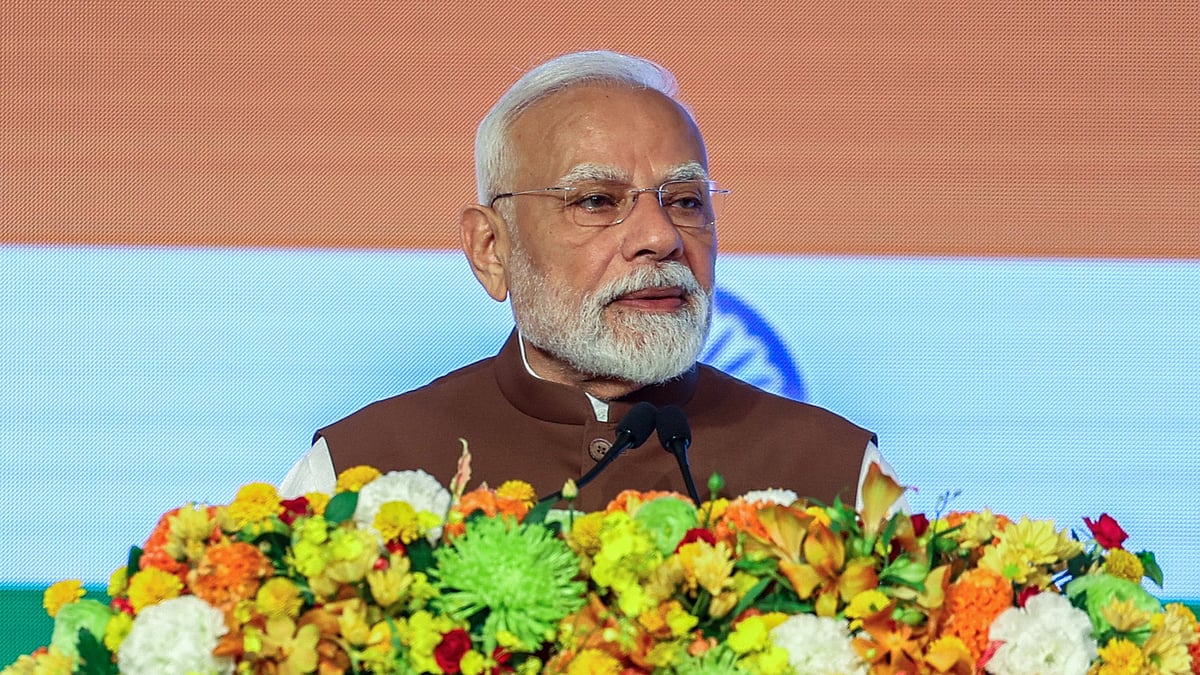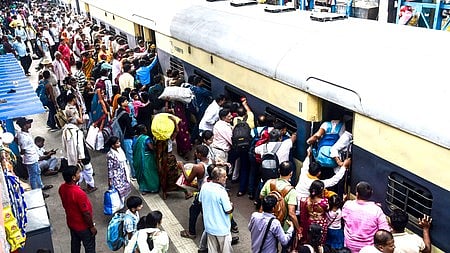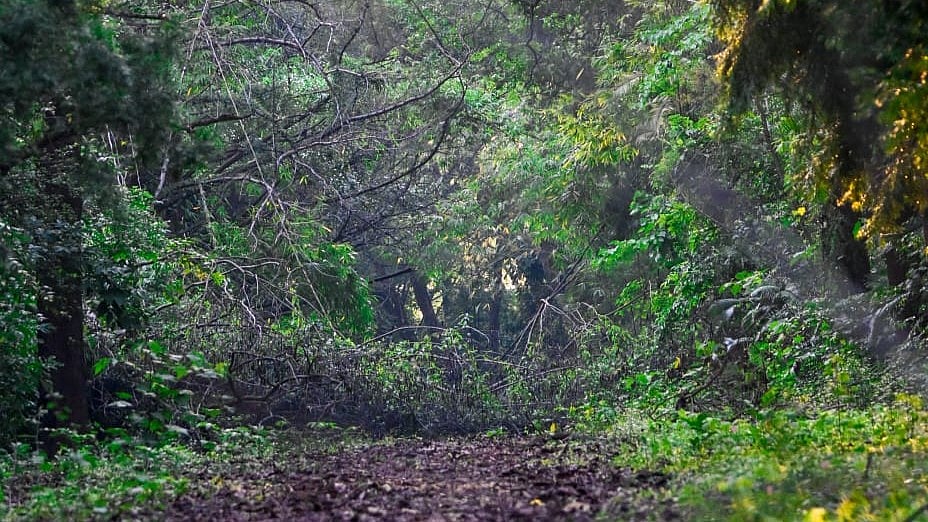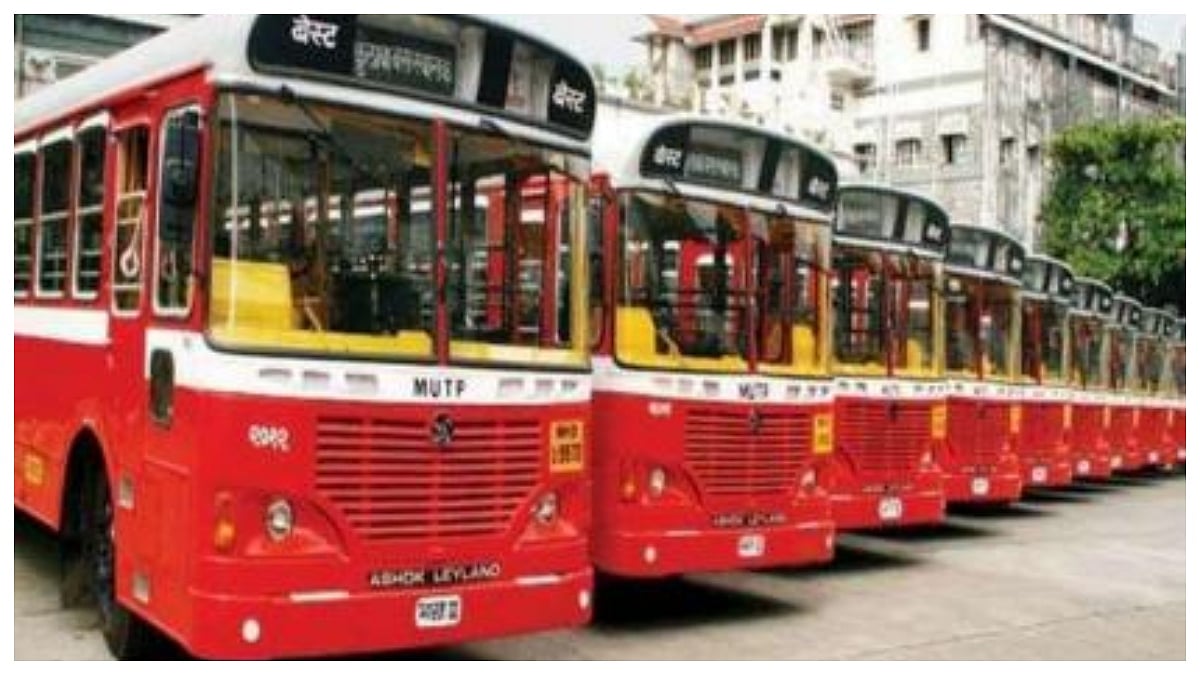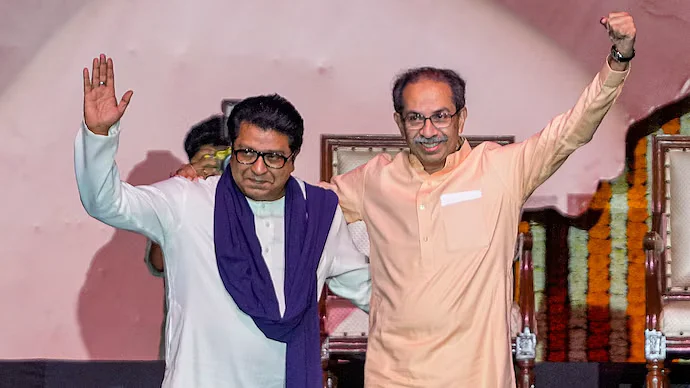“Dr Rajkumar Ranjan Singh was born on 1st September, 1952, at Kongba Nandeibam Leikai, Imphal East, Manipur”. Thus states the official profile of the minister on the website of India’s ministry of external affairs.
As this is written, Prime Minister Narendra Modi is on a foreign junket in the full knowledge that the house, the birthplace of one of his foreign ministers, has been burnt down. Dr RK Ranjan Singh is minister of state for foreign affairs, a deputy to Dr S Jaishankar.
Last week, in a second attack, the home in the residential complex of one of the erstwhile Manipur royals, and two vehicles were charred. The minister was in Kerala. None from the family were home.
After the attack, RK Ranjan was wiser. The retired academic, a geographer, who is now nearly into his third year in the foreign office, represents the BJP from the Inner Manipur constituency. In his belated wisdom, he has described the situation in his state as a “total failure”.
For those who say the Prime Minister has not responded to the Manipur situation, that is the response. His own foreign minister’s home is of scant importance where there are more important matters of state (dinners) for an office of hubris.
’Nuff said?
No.
Dr RK Ranjan Singh’s academic achievements read also like a list of the failures of the Centre, the state and the entire apparatus of administration.
“He (minister of state for foreign affairs) has published eight books and made numerous contributions to various national and international journals and publications,” the official profile is helpfully informative.
In listing the achievements, the ministry says that he participated in consultative meetings on “human resource management, security sector reforms and land and livelihood rights of indigenous peoples”.
The current situation in Manipur has obtained from the:
1) unwillingness, inability and deliberate manipulation of ethnicities. (Human resource management);
2) the failure of the Manipur State Police and commandos to protect their arsenal of firearms and munitions plus the inability of the Indian Army and the Assam Rifles to deploy in force that can douse fewer fires than igniting more. Indeed, the police are alleged to have handed over their own firearms to violent mobs. An MLA has now put up a poster and a drop-box outside his house in Imphal to “please deposit your weapons here”, no questions asked. (Security sector reforms);
3) manipulating laws and rules governing forest administration to label a people as “poppy cultivators” and using tribal status for dominant sections to turf out a population with practices of agriculture in hills that are distinct from practices in the plains. (Land and livelihood rights of indigenous peoples).
The official profile does not say this but the former academic of Gauhati and Manipur Universities had also done his PhD thesis on “land use in Manipur”.
Yambem Laba used to describe his home state as “India’s Bosnia” in the 1990s. Usually found in the office of his trekkers’ club in Imphal, the former journalist and mountaineer who also later joined the administration as an advisor, Yambem Laba would never tire of pointing out the similarities between that embattled east European country and Manipur. In those years (early and mid-‘90s) Manipur was being convulsed by another cycle of ethnic violence between the Nagas and the Kukis.
The state has more than 30 ethnicities, the Meiteis being the largest but not by far. The Nagas and Kukis (12%) made up about 40% of the others and the rest comprising Pangals (Manipuri Muslims) and smaller groups. The Meiteis lived mostly in the valley that was/is home to large sections of the others. The hills are dominated by the tribes.
Almost each of these communities have shared kinship to a greater or larger degree across the border in Myanmar. In a total of 16 kilometres of the length of the boundary, people can cross over the international border with loads by 20 kms on each side. In Myanmar’s Sagaing division across the Kabaw Valley that abuts the border, the Tatmadaw — the military junta — is bombing what it describes are insurgent camps from the air. This is also happening in the Chin state across Mizoram’s Champhai district.
The open borders have led to allegations of narcotics smuggling that have embroiled not only the indigenous communities but also the security forces, state and central.
The rational way out of cycles of violence in India’s Bosnia would have been to ensure that old animosities are not stoked. In simple words, parents would be expected to tell their children: “Look, what we did was wrong and it is important to know that the bloodshed caused much pain so you should not repeat it.”
What the cynical majoritarian politics of the BJP has done is stoke the flames further. By inciting its own people — BJP ministers and leaders, whether Meitei or Kuki — to retain the myth of a double-engined image social faultlines have been exploited in the lust to retain power.
The abiding image of this cycle of violence, that is still playing itself out in the hills and valleys in a place awash with guns, will be that of the contorted face of Tonsing Hansing’s father.
The seven-year-old’s father is a Kuki. The child was shot and he and his Meitei mother were burnt in an ambulance. The distraught father is now in Guwahati.
Sujan Dutta is a journalist based in Delhi. He tweets from @reportersujan

